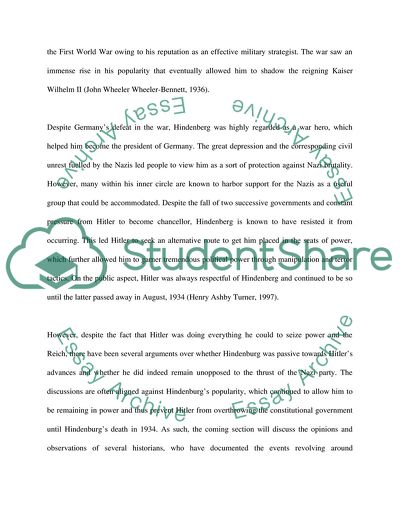Cite this document
(“Not Found (#404) - StudentShare”, n.d.)
Not Found (#404) - StudentShare. Retrieved from https://studentshare.org/biographies/1723747-paul-von-hindenburg-historiography
Not Found (#404) - StudentShare. Retrieved from https://studentshare.org/biographies/1723747-paul-von-hindenburg-historiography
(Not Found (#404) - StudentShare)
Not Found (#404) - StudentShare. https://studentshare.org/biographies/1723747-paul-von-hindenburg-historiography.
Not Found (#404) - StudentShare. https://studentshare.org/biographies/1723747-paul-von-hindenburg-historiography.
“Not Found (#404) - StudentShare”, n.d. https://studentshare.org/biographies/1723747-paul-von-hindenburg-historiography.


